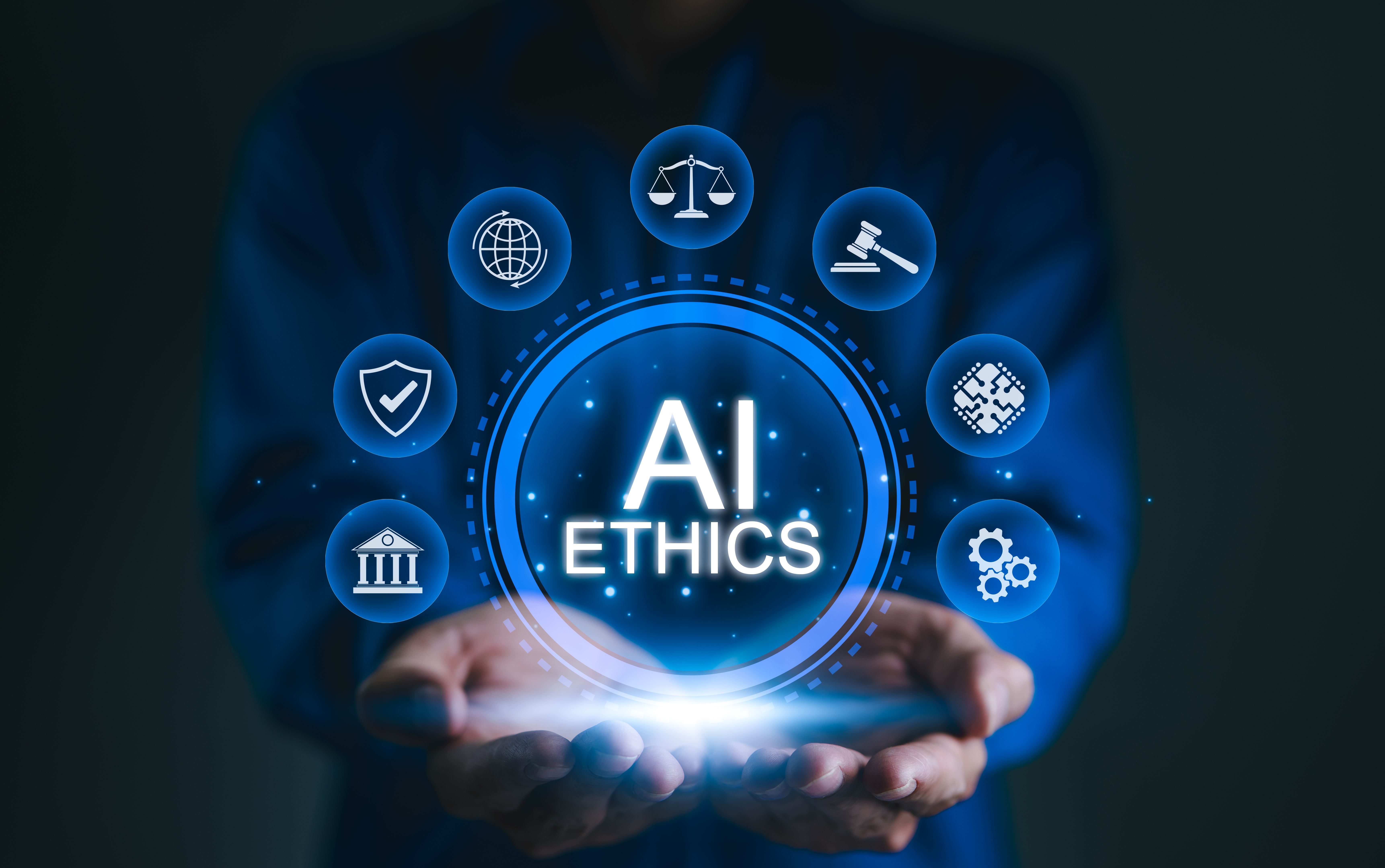Governance Doesn’t Kill Innovation—It Protects It
SC
Understanding AI Governance
Artificial Intelligence (AI) is transforming industries and redefining the boundaries of what is possible. However, the rapid advancement of AI technologies brings with it a host of ethical, legal, and social challenges. This is where AI governance plays a crucial role in ensuring that innovation is not only advanced but also safeguarded. AI governance refers to the frameworks and policies that guide the development and deployment of AI systems, ensuring they align with societal values and ethical principles.
Effective AI governance is vital for building trust in AI systems. Without appropriate oversight, there is a risk of misuse or unintended consequences that could hinder innovation. By establishing clear guidelines and standards, AI governance helps navigate these challenges while encouraging responsible innovation.

The Importance of Ethical Considerations
One of the core components of AI governance is the emphasis on ethical considerations. As AI systems increasingly influence decision-making processes, it is essential to ensure they operate within ethical boundaries. This involves establishing principles such as fairness, transparency, and accountability. By embedding these values into AI systems, organizations can prevent biases and discrimination that may arise from automated decision-making.
Moreover, ethical AI governance fosters public trust. When people trust that AI technologies are developed and used responsibly, they are more likely to embrace these innovations, allowing for greater societal benefits and a more harmonious integration of AI into daily life.

Balancing Innovation and Regulation
While regulation is necessary to safeguard against potential risks, it is equally important not to stifle innovation. Striking the right balance between regulation and innovation is a significant challenge for policymakers and industry leaders. Overly stringent regulations can slow down progress, while insufficient oversight can lead to negative outcomes.
AI governance frameworks should be designed to be flexible and adaptable, allowing for technological advancements while ensuring that safety and ethical standards are met. This balance encourages creativity and experimentation, leading to breakthroughs that can drive industry growth.

The Role of Stakeholders in AI Governance
AI governance is not solely the responsibility of governments and regulatory bodies. It requires a collaborative effort from all stakeholders, including industry leaders, academia, and civil society. By engaging diverse perspectives, we can create comprehensive governance frameworks that address the multifaceted nature of AI technologies.
Industry leaders play a crucial role in developing best practices and setting standards for ethical AI use. Academia contributes by providing research insights that inform policy decisions, while civil society organizations advocate for the rights and concerns of the public. Together, these stakeholders ensure that AI technologies benefit society as a whole.
The Future of AI Governance
As AI technologies continue to evolve, so too must our approaches to governance. Future frameworks will need to address emerging challenges such as data privacy, autonomous decision-making, and the integration of AI with other advanced technologies like quantum computing.
By proactively addressing these issues through robust governance structures, we can harness the full potential of AI innovations while mitigating risks. This forward-thinking approach will ensure that AI remains a force for good in society.

Conclusion
AI governance plays a pivotal role in safeguarding innovation by providing the necessary oversight and ethical guidelines needed to navigate the complex landscape of AI technologies. By fostering a collaborative environment among stakeholders and balancing regulation with innovation, we can ensure that AI continues to advance in ways that benefit society as a whole.
The journey towards effective AI governance is ongoing, requiring constant adaptation and vigilance. However, with commitment and collaboration, we can create a future where AI technologies are developed responsibly and ethically, unlocking their full potential for positive impact.
At Trusenta, we build AI Governance as a strategic enabler:
- Risk-based policies that evolve with your use cases
- Ethical principles embedded into every development cycle
- Operational clarity that accelerates innovation
